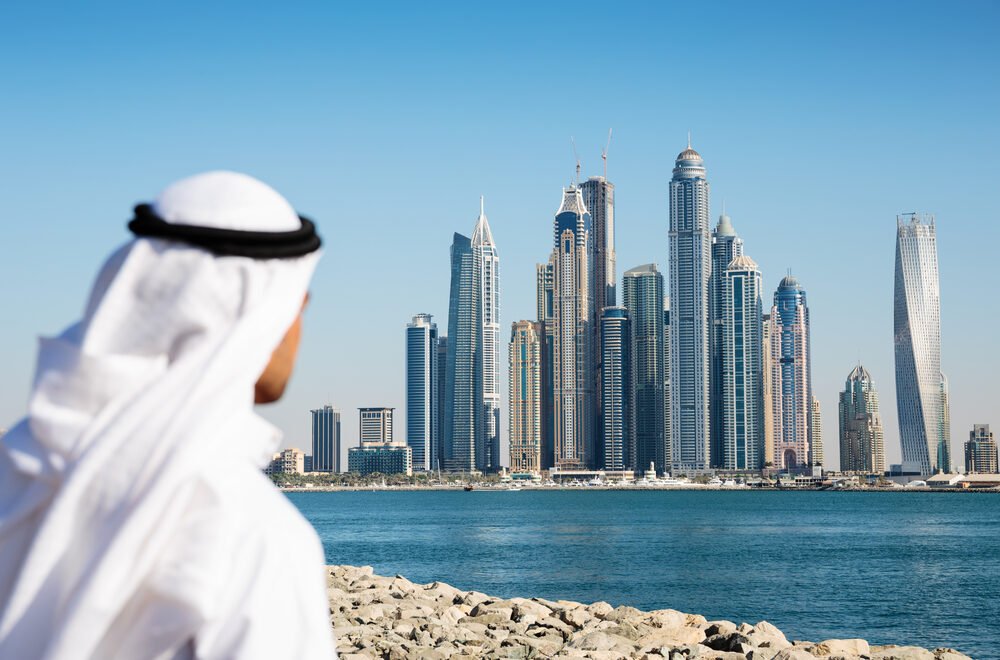Now Reading: UAE Companies Invest Big in Corporate Wellness for 2025 Success!
-
01
UAE Companies Invest Big in Corporate Wellness for 2025 Success!
UAE Companies Invest Big in Corporate Wellness for 2025 Success!

Table of Contents
Corporate wellness has become the new buzzword across offices in the United Arab Emirates (UAE) in 2025. As more companies focus on improving employee health, productivity, and happiness, corporate wellness is shaping the future of work in this fast-growing region. With government support, innovative technologies, and changing work cultures, the UAE is fast becoming a leader in workplace wellbeing.
Growing Importance of Corporate Wellness in the UAE

In recent years, the UAE has recognized that employee wellbeing is not just a luxury but a business necessity. Companies are realizing that healthier employees lead to higher productivity, lower absenteeism, and better job satisfaction. From multinational firms in Dubai to local businesses in Abu Dhabi, wellness initiatives are now a core part of HR strategies.
According to a 2025 survey by the UAE Ministry of Human Resources, more than 72% of companies have added wellness programs to their yearly plans—double the figure reported in 2020. These programs include mental health support, fitness plans, nutritional guidance, and stress management workshops.
“The workplace of today is not just about deadlines and meetings,” says Fatima Al Suwaidi, HR Director of a leading Dubai tech firm. “It’s about creating a space where employees feel valued, supported, and healthy. This is the key to long-term business growth.”
Government’s Role in Promoting Corporate Wellness

The UAE government has actively supported the corporate wellness trend. The Dubai Health Authority (DHA) and the Abu Dhabi Public Health Center (ADPHC) have launched several initiatives to promote mental and physical health in workplaces.
One such program is the “Healthy Workplace Certification,” introduced in early 2024. Companies that meet specific wellness criteria receive official recognition. These certifications are now seen as important for corporate branding and talent attraction.
The government has also encouraged flexible working hours, remote work options, and digital wellness tools to reduce workplace stress—especially after the lessons learned during the COVID-19 pandemic.
Key Trends in Corporate Wellness UAE 2025
1. Focus on Mental Health
Mental health is no longer a taboo subject in UAE offices. Companies are providing free counseling services, mindfulness sessions, and mental health days. Many firms offer access to mobile apps designed to track mood, stress levels, and sleep patterns.
“Employees who feel mentally well perform better and stay longer with their organizations,” says Dr. Reema Al Hammadi, a wellness consultant in Dubai. “This is why mental health has become a top priority for HR leaders.”
2. Technology-Driven Wellness Programs
With Dubai and Abu Dhabi becoming smart cities, companies are using wearable fitness trackers, virtual reality (VR) meditation rooms, and AI-driven wellness platforms. These tools help monitor physical activity, encourage healthy habits, and offer personalized health recommendations.
3. Nutrition and Fitness at Work
In-house gyms, healthy food options in canteens, and regular fitness challenges are now common in many companies. Some firms have partnered with local fitness centers to offer discounted memberships. Free yoga and Zumba classes during lunch breaks are also popular in large corporates.
4. Hybrid Work Culture and Flexibility
The pandemic permanently changed the way people work. Many UAE companies now offer hybrid work models, allowing employees to work from home for part of the week. This flexibility has been linked to better work-life balance and reduced stress levels.
5. Diversity and Inclusion in Wellness Programs
UAE’s diverse workforce includes people from over 200 nationalities. Wellness programs are designed to respect cultural differences. Some companies offer multi-language counseling services, prayer rooms, and wellness plans that fit religious and cultural beliefs.
The Business Benefits of Corporate Wellness
Investing in corporate wellness is not just good for employees—it’s smart business. Studies show that firms with strong wellness programs enjoy:
- 20% higher productivity rates
- Lower employee turnover rates by up to 15%
- Reduction in sick leaves by 25-30%
These benefits lead to real financial gains. Happy and healthy employees are more motivated, innovative, and committed to their companies.
“Wellness is not an expense—it’s an investment,” says Omar Al Khouri, CEO of a leading real estate firm in Abu Dhabi. “We’ve seen a direct link between our wellness programs and improved performance across all departments.”
Challenges Ahead for Corporate Wellness in the UAE
While the progress is impressive, there are challenges too. Some small and medium-sized enterprises (SMEs) find it difficult to afford comprehensive wellness programs. There is also the need to ensure that programs are inclusive, accessible, and not seen as forced or artificial.
Another challenge is educating both managers and employees on the importance of wellness. In some traditional sectors, discussing mental health or stress is still seen as a sign of weakness.
To overcome these issues, experts suggest government subsidies, affordable wellness solutions for SMEs, and ongoing awareness campaigns to normalize discussions around employee wellbeing.
Looking Ahead: The Future of Corporate Wellness
By 2030, experts predict that corporate wellness will be fully integrated into business strategy, not just in the UAE but across the Gulf region. Artificial Intelligence, virtual health coaches, and even personalized DNA-based nutrition plans may become part of standard wellness offerings.
For now, 2025 marks a turning point. The UAE’s bold steps in corporate wellness are setting an example for the rest of the Middle East and beyond.
As more firms understand the link between employee wellbeing and business success, the phrase “happy employees, healthy profits” might soon become the new corporate mantra across the Emirates.
Conclusion
Corporate wellness in the UAE is not a passing trend—it’s the future of work. From government support to technological innovation, the country is creating healthier, more productive workplaces that benefit everyone—employers, employees, and the economy alike.
In 2025, taking care of employees is proving to be the best investment a company can make.
Read More:- Deyaar’s Latest Announcement Shakes Up the UAE Property Market





















